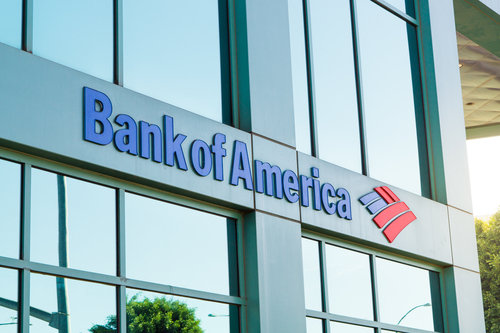The Consumer Financial Protection Bureau (CFPB) fined Bank of America $100 million for mishandling the disbursement of state unemployment benefits during the height of the pandemic.

The bank automatically and unlawfully froze people’s accounts with a faulty fraud detection program but then provided them with little recourse when there was no fraud.
“Taxpayers relied on banks to distribute needed funds to families and small businesses to rescue the economy from collapse when the pandemic hit,” CFPB Director Rohit Chopra said. “Bank of America failed to live up to its legal obligations. And when it got overwhelmed, instead of stepping up, it stepped back.”
When the COVID-19 pandemic hit in early 2020, the unemployment rate surged, and there was a great deal of fraud as consumers sought unemployment insurance benefits. In its investigation, the CFPB found that Bank of America engaged in unfair and abusive acts and practices that resulted in Californians not getting their unemployment benefits when many people needed the money the most.
Specifically, the bank replaced reasonable investigations with a faulty fraud filter. Instead of conducting reasonable investigations, it implemented a fraud filter with a simple set of flags that automatically triggered an account freeze. This set a low bar to freeze the unemployment insurance benefits of many people, harming thousands of legitimate cardholders needing the money. Compounding that, Bank of America made it very difficult for people to unfreeze their prepaid debit cards or for people to report fraudulent use of their cards. When consumers sought assistance, the bank often sent them back to the California state unemployment department for verification to regain access to their benefits.
As a penalty, the bank must pay a $100 million fine to the CFPB, which will be deposited into the victims’ relief fund. In a separate action, the Office of the Comptroller of the Currency (OCC) is fining the bank $125 million.
The bank must also pay back the money they wrongly denied consumers across the country because of the faulty fraud filter. Further, it must provide each affected consumer with a lump sum consequential harm payment, to be determined through a methodology of financial harm consumers suffered when their accounts remained frozen or blocked. Finally, affected consumers will have the opportunity to receive additional redress through an individualized review process.